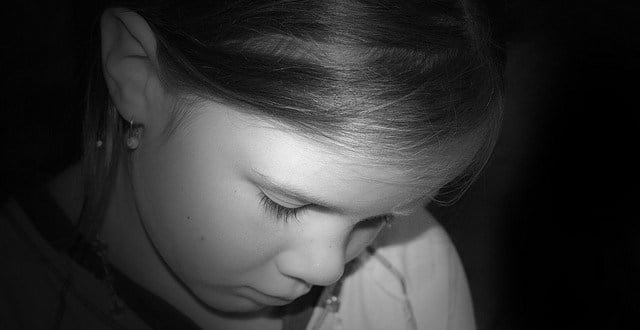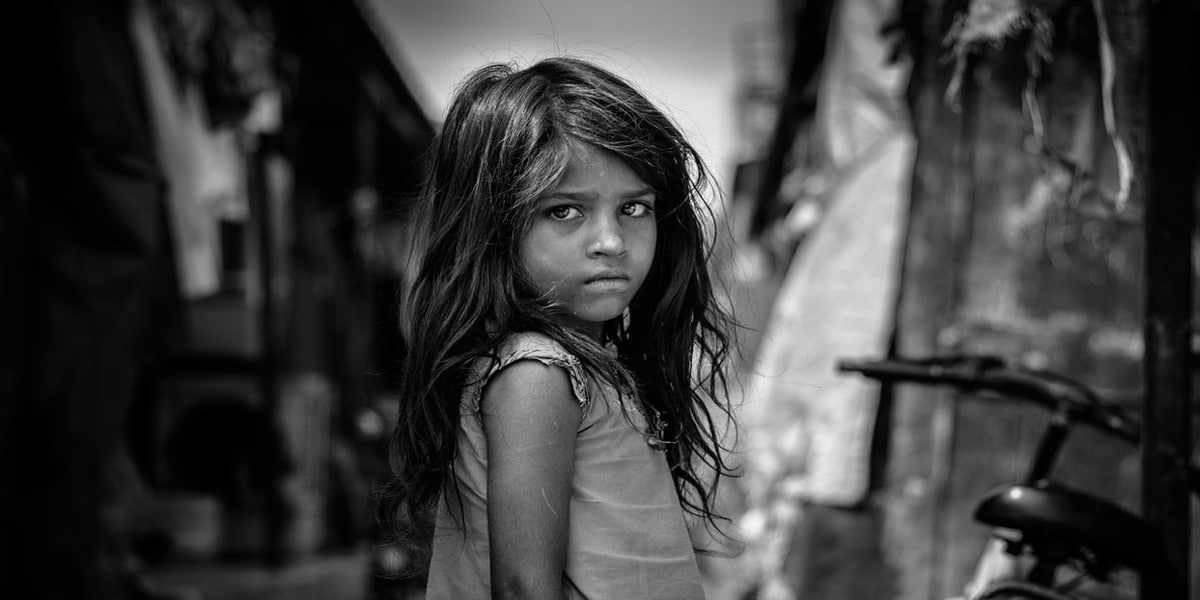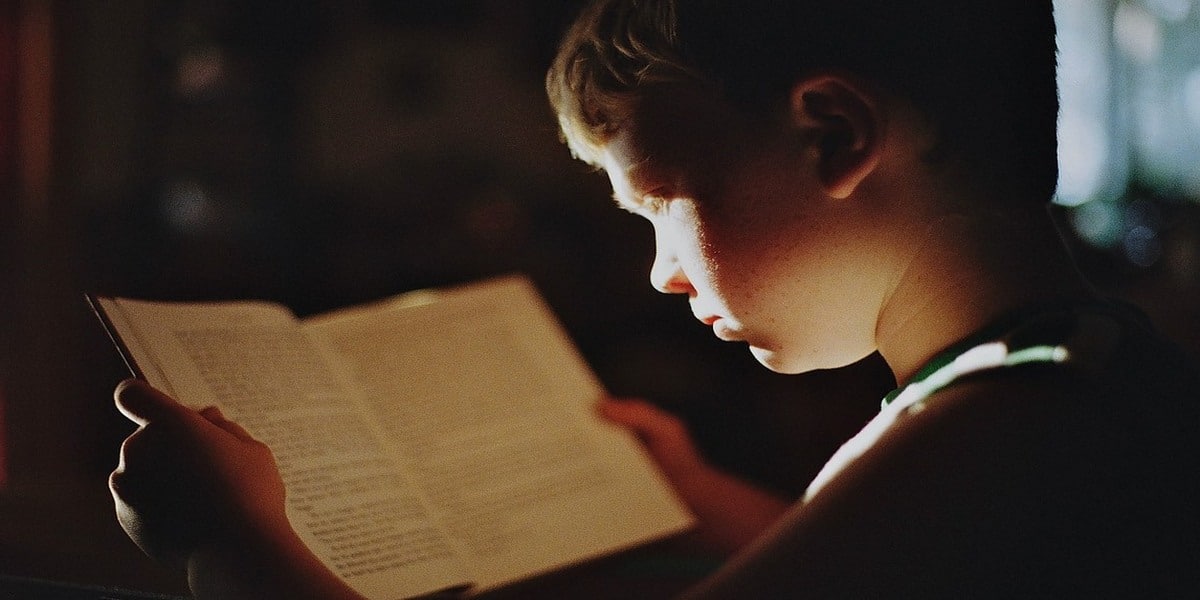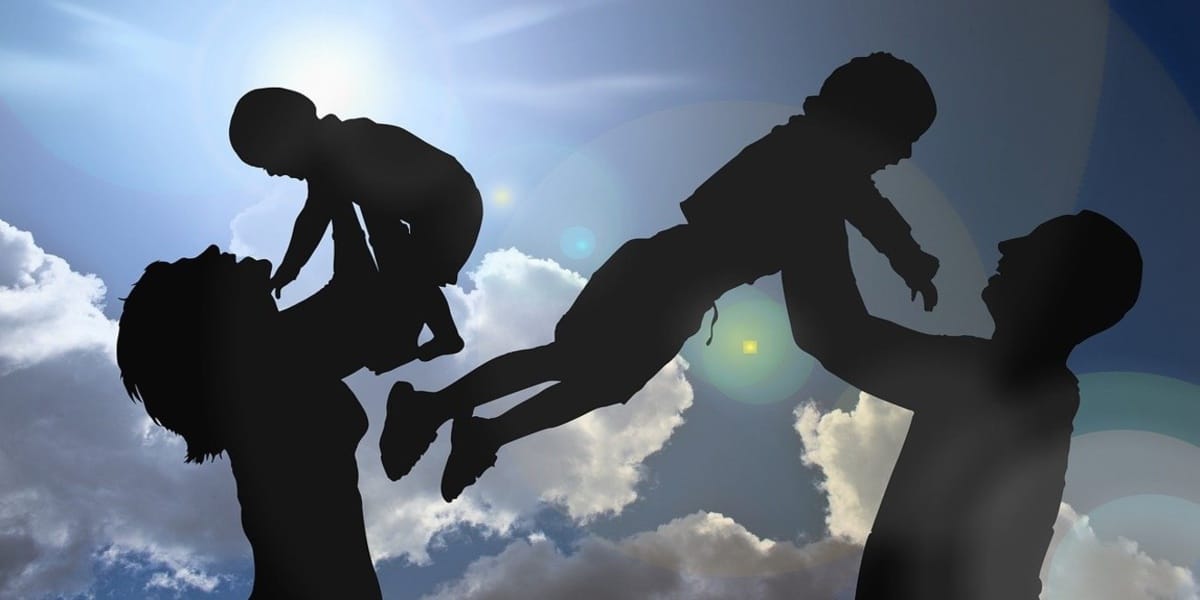Divorce can have a significant impact on the lives of children involved as it plays out in their emotional, psychological, social, and academic spheres. This transition can be difficult and understanding the effects of divorce on children is important for parents, teachers, or others who can provide support during this time. Let’s start with the emotional effects of divorce on children.
Emotional Effects of Divorce on Children
Divorce can be a lot for children to cope with emotionally. Kids may experience:
- Sadness and Grief: Children may grieve the loss of their family structure, experiencing a profound sense of loss even if the separation was amicable. Particularly, this grief can show up in crying, withdrawing from things they enjoy, or loss of appetite.
- Anger and Confusion: Most children harbor anger at one or both parents for shattering their lives. They may not grasp why their parents cannot live together anymore, which can create confusion about love and relationships.
- Anxious and scared: Uncertainties about where to live, having enough money, and what the future will look like for everyone in the family can create this increased anxiety. Kids might fear separation or be concerned about their parents’ well-being.
- Guilt: Children tend to take the divorce personally, wondering if they were the cause behind it. This adds guilt to the sadness and confusion they are experiencing.
- Fear of Abandonment: Children can develop an irrational fear of abandonment with divorce. The separation of their parents can also make them feel afraid that other loved ones, like siblings, grandparents, or close friends, might leave them, too. One way this fear can manifest is through clinginess, as children seek out the comfort of caregivers who provide them some sense of a safe place.
- Mood Swings: Divorce is an emotional storm that creates many mood swings. Children will sometimes be sad, angry, sometimes fine, and, yes, sometimes happy. All of these ups and downs can make it harder for them to communicate their feelings in a functional way, and this can really frustrate a child and those around him or her.
Psychological Effects
The divorce process can also have psychological consequences extending well into adulthood. Studies show the following for children of divorced parents:
- Higher risk of children facing mental health issues: Studies show a higher prevalence of depression, anxiety disorders, and behavioral problems in children from divorced families as compared to those from intact families. Such psychological trauma can create a disarray of mental health issues that can last a lifetime.
- Adjustment Disorders: This can cause a lot of internal turbulence, and many children may develop adjustment disorders as they struggle to cope with how their lives have changed due to the divorce. Symptoms might be irritability, sadness, or withdrawal.
- Low Self-Esteem: Your divorce can shatter your child’s self-worth. Instability in their family life can leave them feeling unworthy or unable.
- Trauma and PTSD: For some children, especially those exposed to intense conflict during the divorce, the emotional impact can be similar to PTSD. This might look like clinically problematic intrusive thoughts about the divorce, nightmares related to familial conflicts, or increased anxiety when in a situation similar to the previous trauma.
- Long-Term Mental Health Risks: Divorced families have children who are statistically are more prone to having mental illnesses in adult years. Later on in life, the emotional toll taken by divorce can lead to depression, anxiety disorders, or even substance abuse issues.
Social Effects of Divorce on Children
Divorce may change profoundly a child’s social life:
- Challenge in Relationship Building: A child from a divorced family may experience trust issues and fear of abandonment in future relationships. This may make it difficult for them to forge meaningful friendships or relationships.
- Changes in Behavior: Some kids might respond with more anger or defiance. Other may disengage socially, refusing to interact with their peers at all.
- Peer Relationships: Divorce can affect the way that children relate to others their age. They often find it hard to keep friendships because they are ashamed or embarrassed over their parents’ divorce. If they are bullied because of their family situation, they are likely to withdraw even further socially.
- Effect on Relationships with Brothers and Sisters: After a divorce, the dynamic among siblings can change quite a bit. While some siblings can be feeling very close to each other because they are going through the same experience, others might find themselves fighting over parental resources or parental time.
Academic Effects
The academic performance of children can also suffer as a result of divorce:
- Decline in Academic Achievement: Emotional stress from divorce can hinder concentration, resulting in lower grades and reduced motivation.
- Disruption of Routine: Changes in living situations or schools create instability, making it difficult for children to focus on their studies.
- Increased School Absences: Divorce-related emotional distress can contribute to school absenteeism. They struggle to focus on being students because they are failing to be just children, which can lead to skipping school, potentially falling behind on assignments, and falling behind academically. Disruption of this type has an academic impact and inhibits social integration with peers.
- The need for Academic Support Programs: Schools are crucial in supporting the children of divorced families. We can address the unique challenges these children have by providing tailored support programs, including counseling services, mentorship initiatives, and peer support groups. As previously mentioned, these programs allow children to practice sharing their feelings, learning how to cope, and making them feel they belong in the school.
Long-Term Implications
The effects of divorce do not end with childhood; they can have lasting implications:
- Relationship Difficulties: Individuals from divorced families often face challenges in their own romantic relationships, struggling with commitment and intimacy.
- Coping Mechanisms: Many develop unhealthy coping strategies, such as substance abuse or delinquency, to manage emotional pain.
- Perceptions of Marriage: Parental divorce can lead to skepticism about marriage and a preference for non-traditional relationship structures.
Economic Considerations
Divorce is associated with poor economic circumstances for families, which can hinder children’s access to the right resources. Lower household income may reduce opportunities for children to develop social skills and higher self-esteem through out-of-school activities. This financial stress can also deepen feelings of insecurity and loss for children.
Children of divorce may find it difficult to attain economic security in adulthood due to what has defined their childhood years from a social-economical perspective. Lower educational attainment and limited access to resources may also impede their ability to gain stable employment and achieve financial independence as they grow older.
Supporting Children Through Divorce
There are positive things that can be done by parents and caregivers to lessen the ill effects of divorce on children:
- Direct Exposure: Allow kids to freely voice their feelings about the split. It helps them make sense of it all and process what they are feeling.
- Minimal Conflict Co-Parenting: Parents need to aim for little to no conflict during and after the divorce. A collaborative effort is more beneficial to children emotionally and allows them to cope better.
- Professional Support: Contacting therapy services for children can assist them in dealing with their emotions and adjustment to new changes in their lives. Programs tailored to the child of divorced parents can be especially helpful.
- Routine: Meals, homework, and bedtime are all predictable and consistent for children with regular schedules. So, try to keep the same schedule to provide stability amidst the chaos.
Coping Strategies
Nurturing resilience is essential to help kids deal with the emotional aftermath of divorce. Parents and caregivers can promote resilience by fostering mindfulness practices, engaging in hobbies that bring pleasure, and facilitating supportive peer relationships. It also helps children learn how to problem-solve and use language to express their feelings, giving them tools to work through obstacles in a productive way.
Extended family members — grandparents, aunts and uncles, or close family friends — can also provide meaningful emotional support during a divorce. Involving them can also provide children stability and reassurance as this transition unfolds. Building close relationships with extended family members will foster a wider safety net for children.
Effect of Divorce on Children: Final Thoughts
Divorce is difficult; it impacts children deeply on multiple levels: physical, emotional, psychological, social, and academic. Open communication and engaging in supportive parenting practices can alleviate these effects. Focusing on the needs of children through this transition will assist in the formation of resilience, and healthier coping strategies that can help them for the rest of their lives.
For more helpful resources and similar articles, follow our Facebook and Twitter pages!
Source:
- https://familyassist.msf.gov.sg/content/impact-of-divorce/impact-of-divorce-on-children/understanding-the-effects-of-divorce-on-children/long-term-impact-of-divorce-on-children/
- https://pmc.ncbi.nlm.nih.gov/articles/PMC6313686/
- https://www.researchgate.net/publication/379568211_EFFECTS_OF_DIVORCE_ON_CHILDRENS_A_STUDY
All images from pixabay.com

Smart Divorce Network is a blogger-based community that gives divorce professionals a unique platform to share insights and knowledge. Smart Divorce Network is the leading destination for smart divorce discussions between peers. You can share your thought and/or your articles here.








